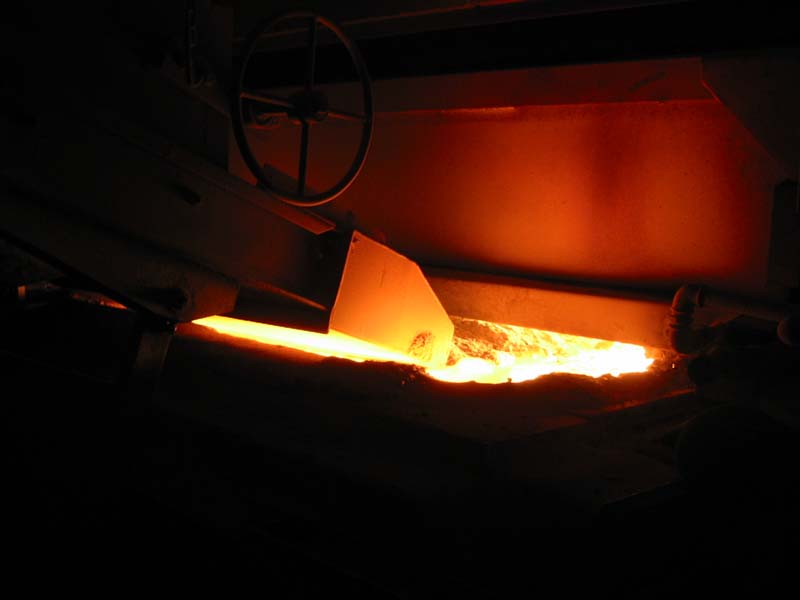With Germany’s energy policy, the country is increasingly heading for a supply crisis in both electricity and gas. The likelihood of power and gas supply failures is increasing day by day. A corresponding supply failure can lead to major damage in industry. Entire production plants, such as those in the glass industry, are at risk of being completely destroyed. If damage is caused by a blackout or supply stoppage for gas, those affected cannot count on their insurance companies to pay for it. Damage caused by political action or acts of sabotage, such as those already announced by environmental activists, are not covered by insurance.
Insurance companies do not cover damage caused by a lack of electricity or gas supply
The head of the Swiss Helvetia insurance company, Philipp Gmür puts it in a nutshell in an interview with Wirtschaftswoche. “Consequences of the power cut are only covered if they are in turn the result of an insured event – for example, a fire or a burglary. If the power is simply cut off, we won’t cover it.” However, what applies to the power cut also applies if there is no more gas. Those affected are left to pay for any damage caused by a blackout or interrupted gas supply. Ultimately, the insurance companies would not have the necessary reserves to pay for the immense damage.

Image: No machine-readable author provided. 127.0.0.l~commonswiki assumed (based on copyright claims)., Public domain, via Wikimedia Commons
Even local utilities are not liable for damages caused by blackout or interruption of gas supply
In the event of damage, those affected could still try to claim the costs for the damage incurred from the respective grid operator. However, they would have to prove that the local supplier caused the damage through negligent or even intentional actions. However, in the case of a nationwide shortage of supply, as is the case with the current gas supply, the local supplier cannot be held liable. The same applies to electricity supply when there are large-scale blackouts in the grid due to power plant shutdowns.
Risks from energy policy no longer calculable for companies
Germany’s current energy policy is now leading companies to relocate their production abroad. On the one hand, energy prices continue to rise and, on the other, supplies are becoming increasingly uncertain. These were certainly also reasons why Ford will not build its electric cars in Saarlouis in Germany in the future, but in Valencia in Spain. It is foreseeable that other companies will follow this example.
